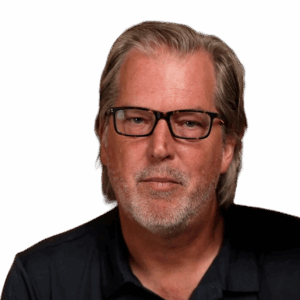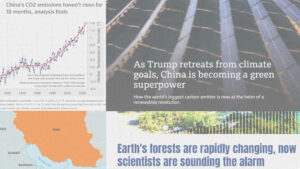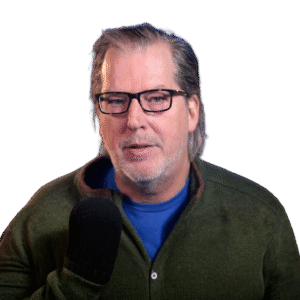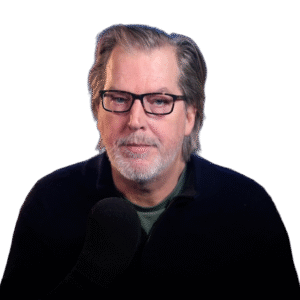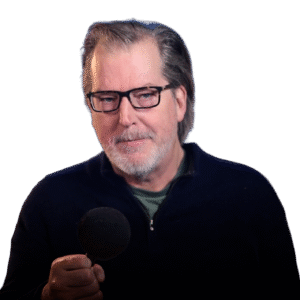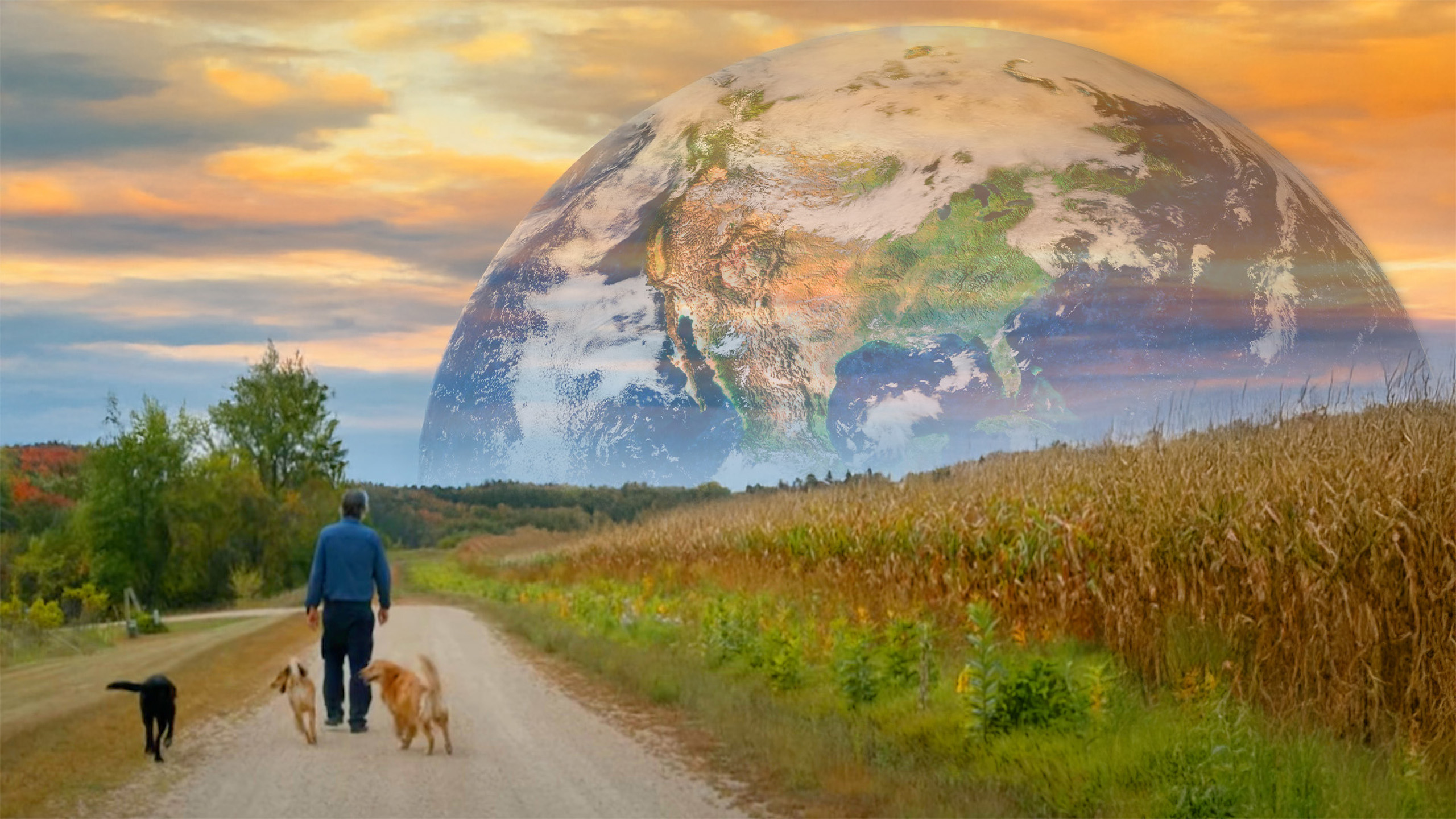
#101 | Frankly
What I Want to Want for the Future
Description
In today’s Frankly, Nate imagines that he’s looking back from an unspecified point in the future (even from beyond his lifetime), and ponders the core things he would want during his time on Earth. Breaking from what our culture steers us to seek out, Nate examines what a bedrock of human experiences might include — the things in our lives that keep us grounded and experiencing life to the fullest extent.
While naming some of the things he values in his own life, from experiencing full spectrum love to having a purpose, Nate encourages the viewer to reflect on what they might “want to want” for their respective (or hypothetical future) lives, divorced from desires tied to an unsustainable period of massive energy consumption: When stripped away from cultural inertia and sunk cost, what are the things we really want out of a life well lived?
Nate also reflects on some important questions about what factors go into these desires. Which of the things we want in the full human experience are dependent on society or external factors? Which are about internal values, and are durable through time and changing material conditions? These are the questions we must begin with in order to have real conversations about the future.
In French, we have a motto that says that a simple drawing is often better than a long explanation. Jean-Marc Jancovici Carbone 4 President
That’s very understandable because with left atmosphere thinking, one of the problems is that you see everything as a series of problems that must have solutions. Iain McGilchrist Neuroscientist and Philosopher
We can’t have hundreds and hundreds of real relationships that are healthy because that requires time and effort and full attention and awareness of being in real relationship and conversation with the other human. Nate Hagens Director of ISEOF
This is the crux of the whole problem. Individual parts of nature are more valuable than the biocomplexity of nature. Thomas Crowther Founder Restor
Show Notes & Links to Learn More
Download transcript02:48 – Carbon Pulse
02:59 – Biosphere
04:30 – the commons
06:38 – mutual aid
08:10 – Wolf Trees: Elders of the Eastern Forest
10:52 – Hyperloop

